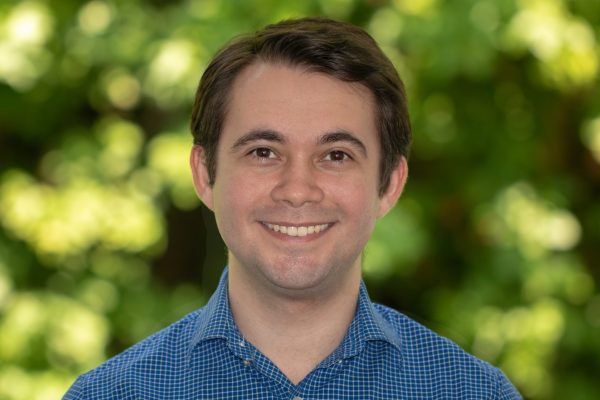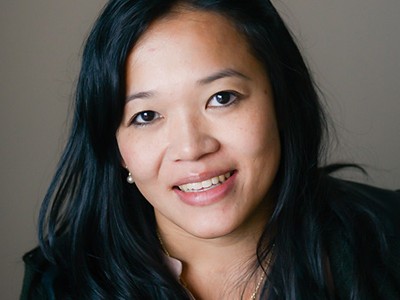October 16, 2020
 UNC Eshelman School of Pharmacy Ph.D. student Anthony Sanchez is focused on understanding HIV latency with the goal of one day developing a cure for the virus.
UNC Eshelman School of Pharmacy Ph.D. student Anthony Sanchez is focused on understanding HIV latency with the goal of one day developing a cure for the virus.
Because of his well-defined translational research proposal, Sanchez has been accepted into the UNC Certificate Program in Translational Medicine and received a T32 training grant from the National Institute for General Medical Sciences to support his research for a one-year term. Sanchez currently works under the guidance of principal investigator David Margolis, M.D.
“I was very excited to hear that I was chosen for the NIH T32 training grant. I think it presents a great opportunity to expand my skills while helping out the lab with funding at the same time,” Sanchez said. “I think the T32 translational medicine program will help me develop clinical aspects of my own thesis work and to understand how the ongoing communication between physicians and scientists that do clinical work happens. Being keyed in on these things will hopefully put me on a path towards a career in translational research when I enter the workforce.”
His research proposal entails moving forward with preliminary results from a screen potentially implicating a specific family of proteins in HIV latency, he said. The process involves validating the results from those screens, investigating how inhibition of the proteins effects HIV latency and one day expanding the study into clinical samples from patients as a preliminary metric of how they might perform in a clinical setting.
“The overarching goal is to discover new therapeutics that might act as a cure for HIV alone or in combination with existing therapies,” Sanchez said.
Lindsey James, Ph.D., Sanchez’s co-mentor at the UNC Eshelman School of Pharmacy in the Division of Chemical Biology and Medicinal Chemistry, said he is well-deserving of the training grant.
“I’m confident that it will significantly bolster his graduate training and enable him to participate in both high-quality basic science and translation research,” she said. “Through this training grant he will be able to take a chemical biology approach to explore this topic in collaboration with my lab while working with Dr. Margolis to translate his findings and obtain additional clinical training in the field.”
As for the future, Sanchez said he knows he wants to be involved in drug discovery and would enjoy the possibility of incorporating translational work with clinicians.
Latest News

RASP poster presentations capture student research

Delesha Carpenter promoted to full professor


